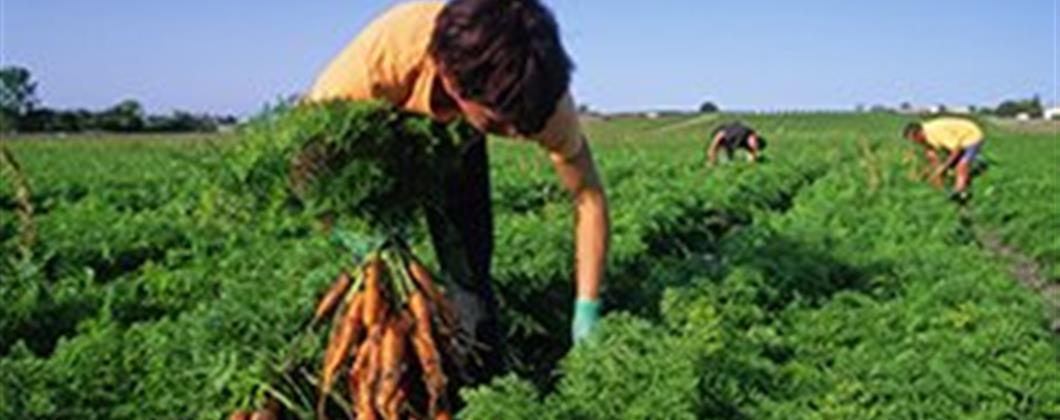Cornwall farms in workforce shortage post Brexit

Following Brexit, Cornwall County Council has appealed to the Government, as crops are “rotting in fields” due to lack of migrant labourers.
Cornwall, which had voted in favour of leaving the European Union by 56%, well over the national average, is now suffering from a staffing shortage in their fields. Compared to previous years, farm staffing has dropped to 65% of what is normally required, and Cornwall County Council has requested that area-specific migration laws be implemented after Brexit to regain the skilled workers they’ve lost.
A study conducted by the council concluded that a loss of EU workers in the horticultural industry due to tightened migration control could lead to multi-million-pound losses to the Cornish economy. This follows demands by Minette Batters, deputy president of the National Farmer’s Union, who stated that “food is rotting in the fields and still we see no action.” A fall of 29% in seasonal workers this September and an overall decline of 11% for the year has been reported – a worrying trend for farmers in 2018, who David Camp, chief executive of the Association of Labour Providers, claims will face a “complete train wreck of a season” if farmworker numbers do not improve.
Sandra Rothwell, chief executive of the Cornwall and Isles of Scilly Local Enterprise Partnership stated that the country “cannot afford a one-size fits all solution” to the issue of migration. Some sectors, such as agriculture and horticulture, are heavily reliant on seasonal EU workers and the government must look outside of just the London bubble.
The suggested alternatives to EU labour range from recruiting from countries such as Ukraine and Belarus to suggesting UK students seek to fill farming vacancies. Theresa May has said the government are considering the necessity of a seasonal agricultural workers scheme in the future, though farmers worry this will not come soon enough or even happen at all.
